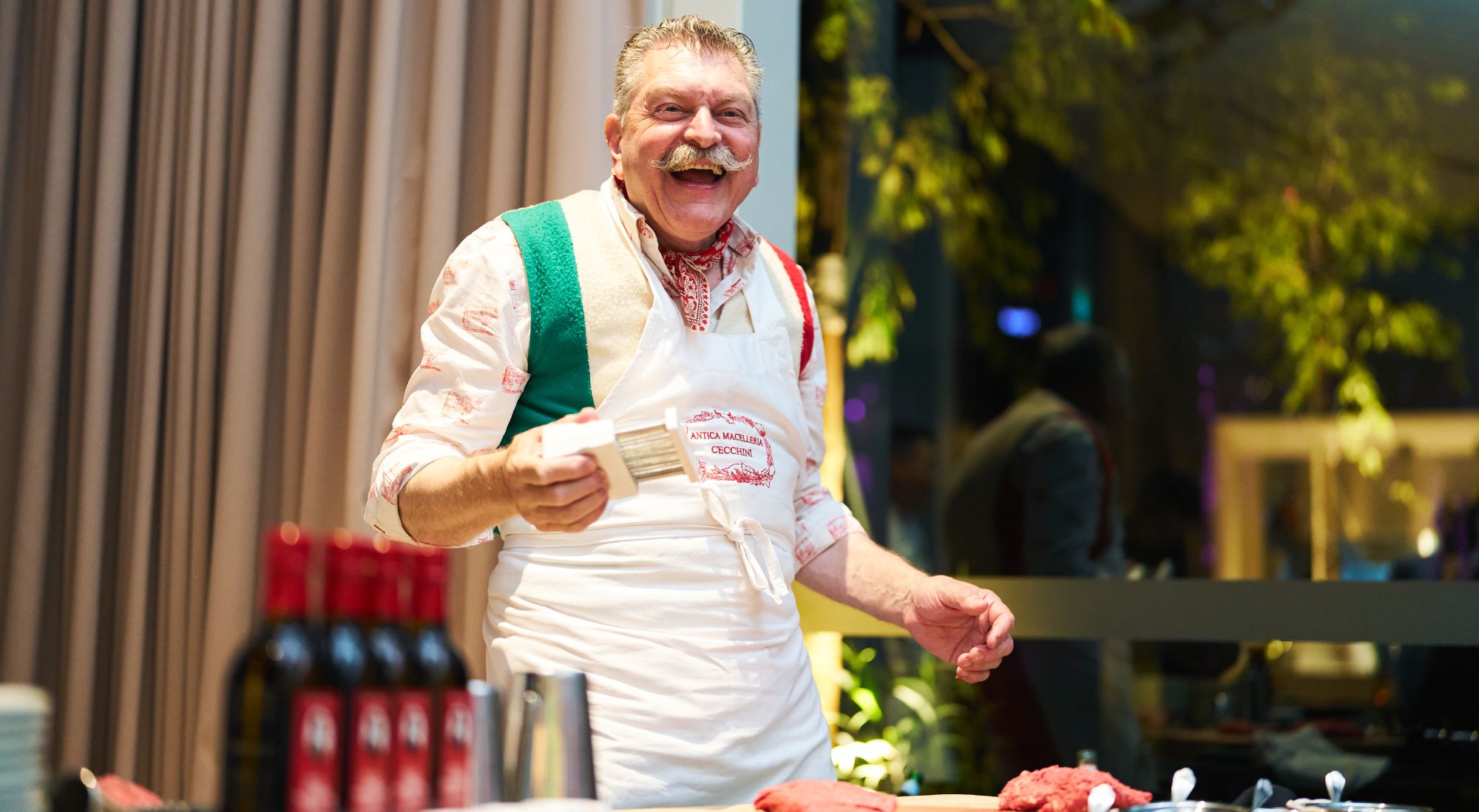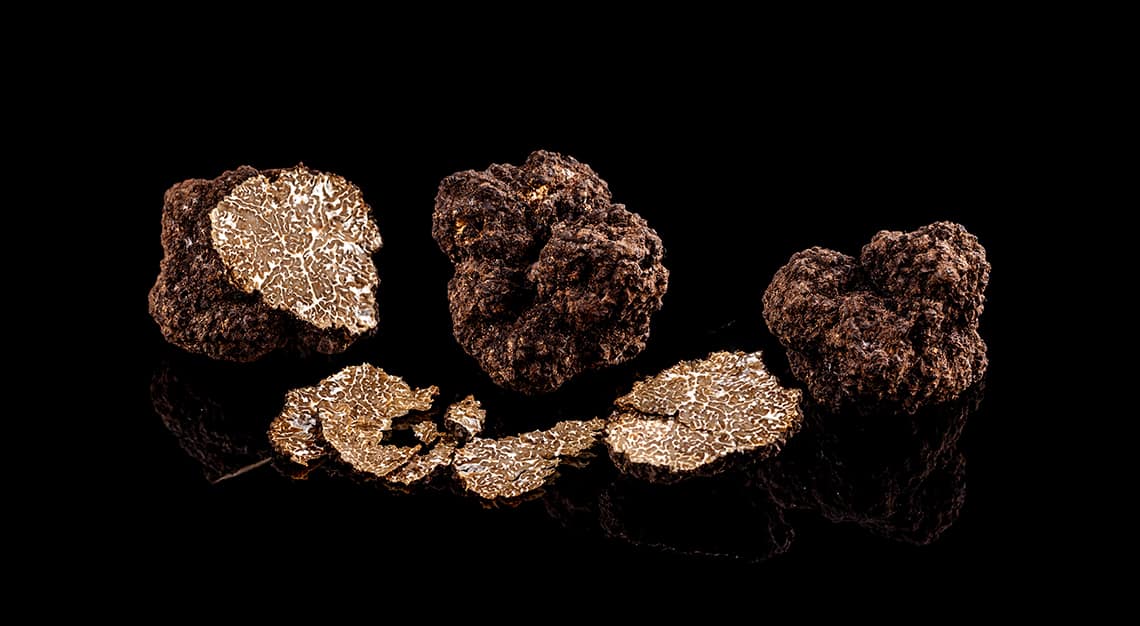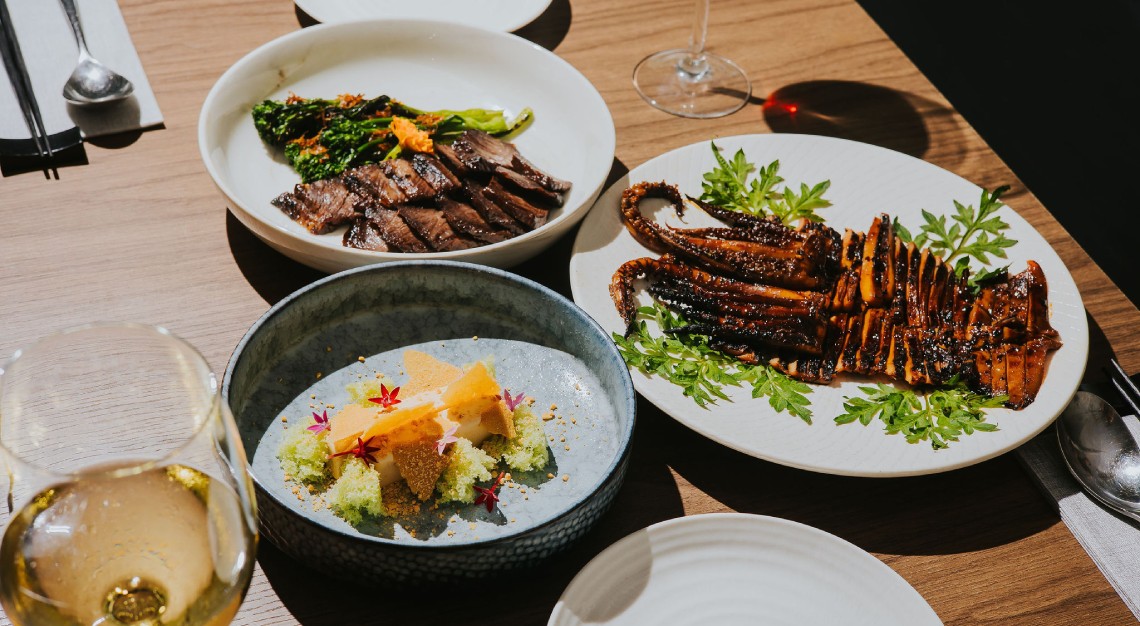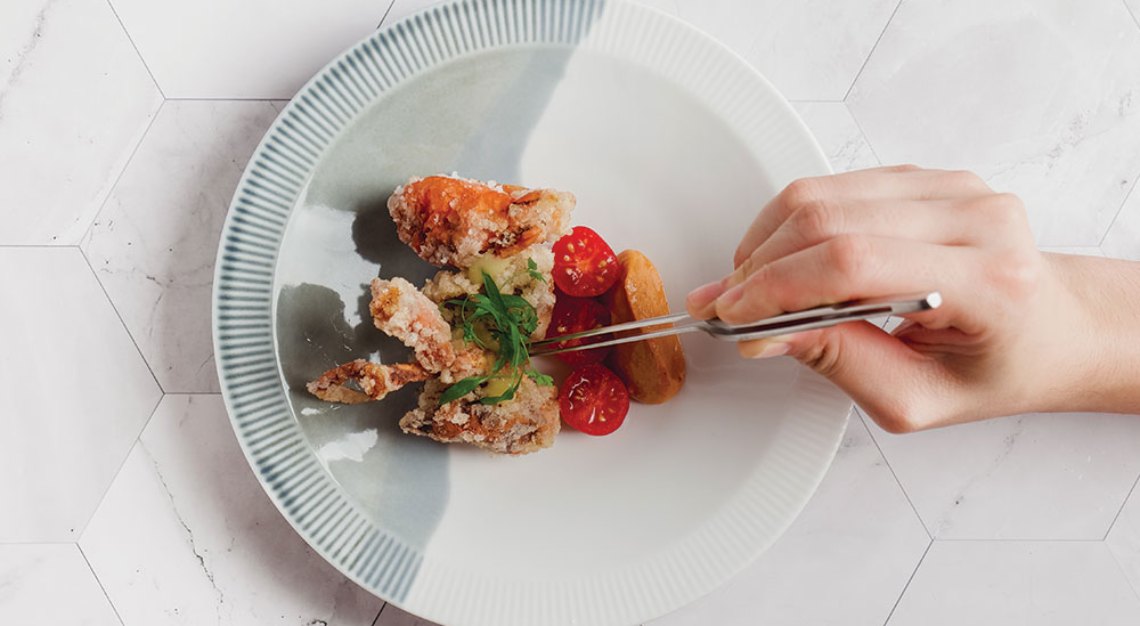Championing a nose-to-tail philosophy not just as a way of cooking, Dario Cecchini adopts the craft of butchery as a way of honouring the animals he so deeply respects
We had expected a man of few words—a traditional butcher: tough, burly, cleaver-wielding, with calloused hands. Instead, Dario Cecchini, hailed by The New York Times as “Best Butcher in the World”, proved to be both erudite and expressive, leaving us reconsidering everything we knew about butchery and meat-eating by the end of our conversation.
During our discussion, Cecchini paused, his voice catching as he recalled a simple moment: a diner at his restaurant once sketched an illustration of him on a piece of napkin. In the drawing, Cecchini sat atop a hill with a cow, each with an arm (and hoof) over the other’s shoulder, as they gazed toward the horizon. “That,” he said, “is how I see my life. I love the animals. I honour them.”
This is not the story of a man who merely butchers meat and stocks the counters. To Cecchini, butchery is a dance of extremes, honouring an animal in life as well as in death. It is about creating beauty from what others discard—a celebration of life in the pastures, in the kitchen, and even in the poetry of Dante.
First Love
Cecchini comes from a long line of butchers—eight generations, to be precise. Yet he did not initially set out to follow in their footsteps. His first love was animals, which led him to study veterinary science—a discipline aimed at healing rather than butchery. And when fate eventually drew him to the trade, Cecchini set his heart out to redefine the very essence of butchery.
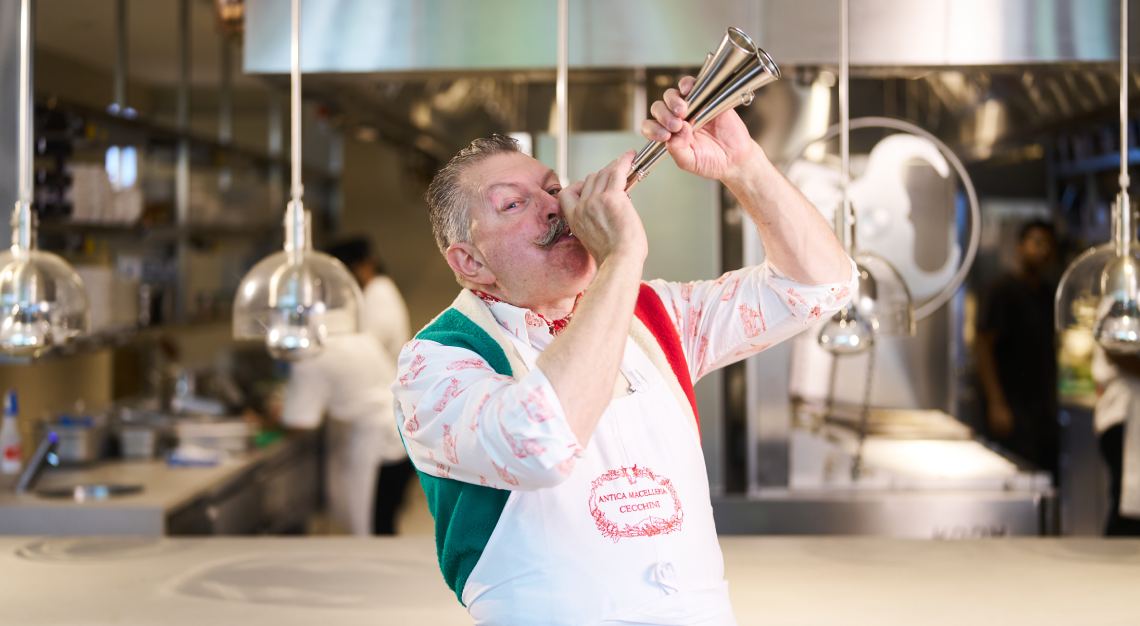
While most butchers work behind a counter, selling prized cuts to eager customers, Cecchini chose a different approach. His decision to open a restaurant was not to sell prime cuts but to give a second life to the lesser-loved parts of the animal. Menus, as such, do not exist; instead, diners are invited to share a communal dining experience, reminiscent of the childhood dinners when his grandmother prepared whatever remained from the butchery each day.
“The parts that people usually discard—bones, tendons, offal—were the meals of my childhood,” he recalled. “They were delicious then, and they remain delicious now. My job is to remind people of that.”
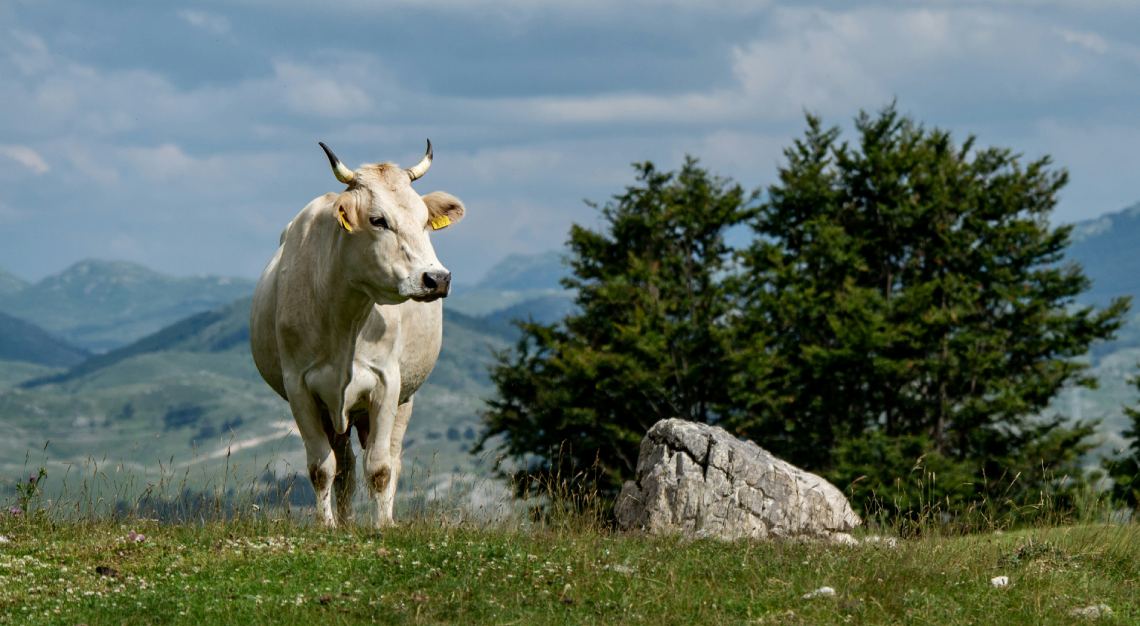
The nose-to-tail mission
Cecchini’s work is a rebellion against waste and the cold efficiency of modern industrial butchery. “I realised that the best way to honour the life of an animal was not only to care for it while it lived, but also to ensure that, upon its death, every part was used, respected, and cherished,” he explained—a philosophy that has since inspired other chefs and home cooks to rethink their approach to meat consumption.
“A woman from Hong Kong working in the food told me how surprised she was to see a food working area that had no garbage cans,” Cecchini added, viewing the comment as a compliment.
As our conversation drew to a close, it became clear that for Cecchini, butchery transcends the mere trade and consumption of meat. To him, it represents a profound love for the craft, the land, the animals, and the people who gather around his table.
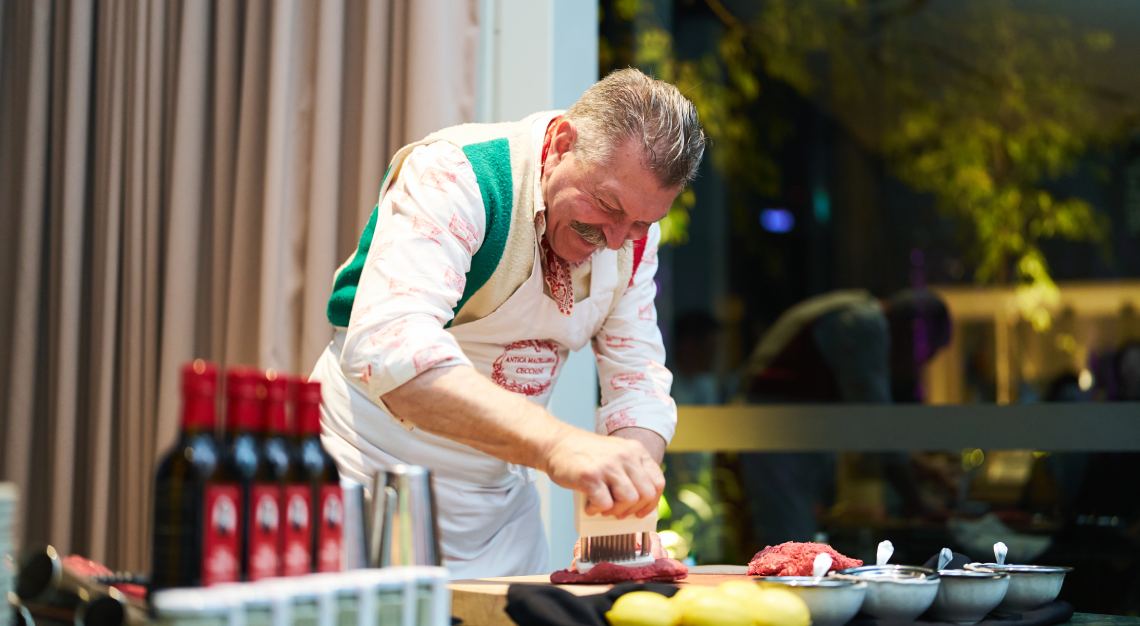
The final line of Dante’s Divine Comedy—a poem that has deeply influenced him—speaks of a love “that moves the sun and the other stars”. For Cecchini, this love is expressed by honouring an animal’s life, perpetuating centuries of tradition, and inviting the world to reconsider what true respect for food entails.
This story first appeared in the April 2025 issue. Purchase it as a print or digital copy, or consider subscribing to us here
